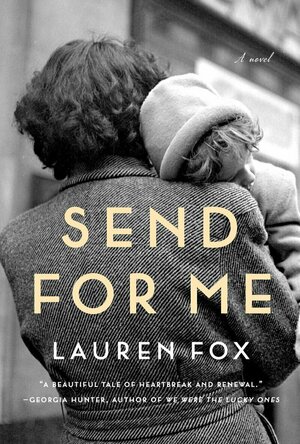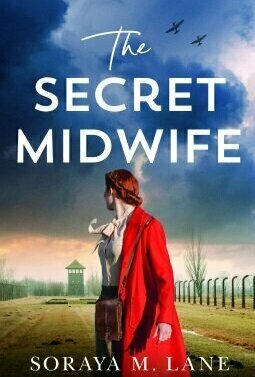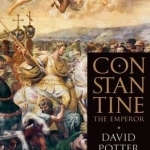
Constantine the Emperor
Book
No Roman emperor had a greater impact on the modern world than did Constantine. The reason is not...
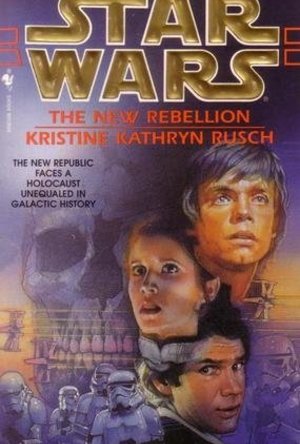
The New Rebellion (Star Wars Legends)
Book
Somewhere in the galaxy, millions suddenly perish in a blinding instant of pain, anguish, and...
ClareR (6054 KP) rated Send For Me in Books
Sep 7, 2021
This was a different take on other books set at this time, and I liked that about it very much. I haven’t read many books about those who managed to escape the Nazi regime and immigrate to safe countries before the Holocaust really began. But it’s no less saddening for that. Annalise desperately misses her parents, and life is so utterly different in the US.
The story swaps between Annalise and her granddaughter, Clare, whose life couldn’t have been any more different. Clare has the much more liberated life of an American woman - whether that’s what she really wants, remains to be seen.
I really enjoyed seeing the juxtaposition between a 1930s immigrant and a modern young woman. Annalise’s fear of being in a big city with no English is palpable - I panicked along with her. It must be so scary to move somewhere that’s completely different to your own life experience, and not even have a common language - something that people have always had to endure for their own safety throughout the ages.
This is a really moving novel, made more so when I learnt that the letters between Annalise and her mother Klara were real - just that the names were changed.
Hazel (2934 KP) rated The Secret Midwife in Books
Aug 6, 2023
Although a work of fiction, the author bases her characters on real people who went through the horrors of World War II some of whom miraculously survived when millions of others did not.
The Secret Midwife focuses on the stories of Emelia and Aleksy. Emelia is a midwife who risks her life supporting ALL women regardless of race or religion to give birth safely. Aleksy is a doctor who tries to save his town during occupation. Unfortunately, both were discovered and transported to the hell-hole that was Auschwitz however, they continued to try and care and help their fellow prisoners despite having no resources or equipment and the ongoing risk of immediate selection and execution.
As you can imagine, this is an emotional, harrowing and heart-breaking story but it's also one of bravery and how, despite the ongoing threats, some people did everything they could to help ease the suffering of those around them and whilst Emelia, Aleksy and some of the other characters aren't real people, they and their story will stay with me for some time.
Highly recommended to those of you who enjoy reading historical fiction; this is a must read and I have to thank Amazon Publishing UK, Lake Union Publishing and NetGalley for enabling me to read and share my thoughts of The Secret Midwife.
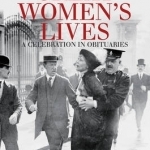
The Times Great Women's Lives: A Celebration in Obituaries
Book
This selection of Times obituaries from 1872 to 2014 revisits the lives of 125 women who have all,...
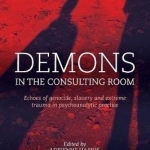
Demons in the Consulting Room: Echoes of Genocide, Slavery and Extreme Trauma in Psychoanalytic Practice
Adrienne Harris, Margery Kalb and Susan Klebanoff
Book
Demons in the Consulting Room: Echoes of Genocide, Slavery and Extreme Trauma in Psychoanalytic...
Revoking Citizenship: Expatriation in America from the Colonial Era to the War on Terror
Book
Reveals America's long history of making both naturalized immigrants and native-born citizens...
Must Close Saturday
Book
The ominous announcement "Must Close Saturday" too often heralded the demise of British musicals....
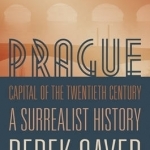
Prague, Capital of the Twentieth Century: A Surrealist History
Book
Setting out to recover the roots of modernity in the boulevards, interiors, and arcades of the "city...
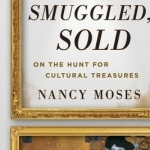
Stolen, Smuggled, Sold: On the Hunt for Cultural Treasures
Book
Stolen, Smuggled Sold: On the Hunt for Cultural Treasures tells the dark and compelling stories of...
